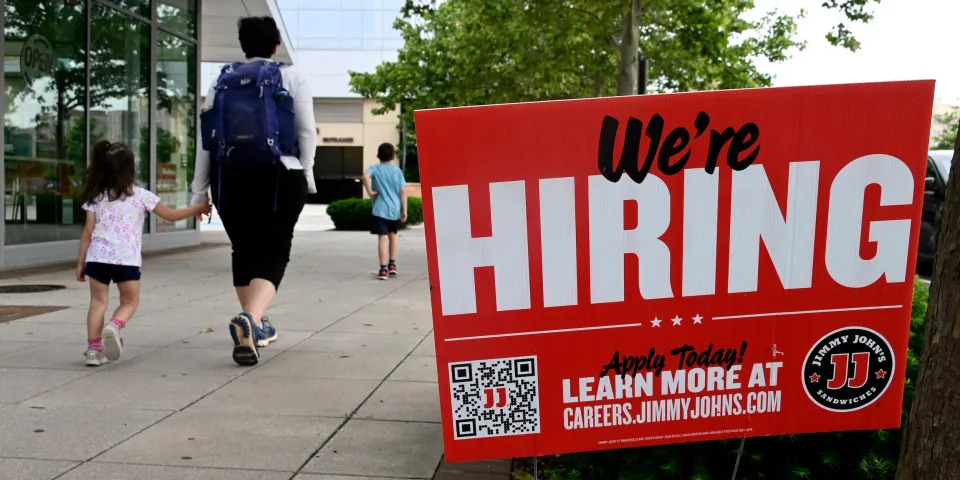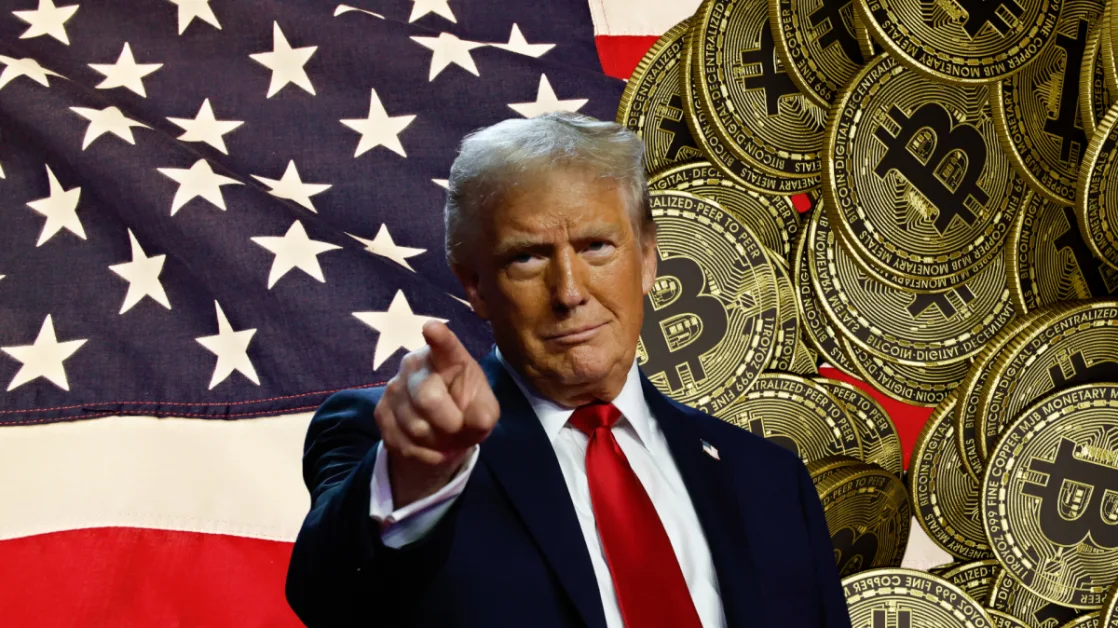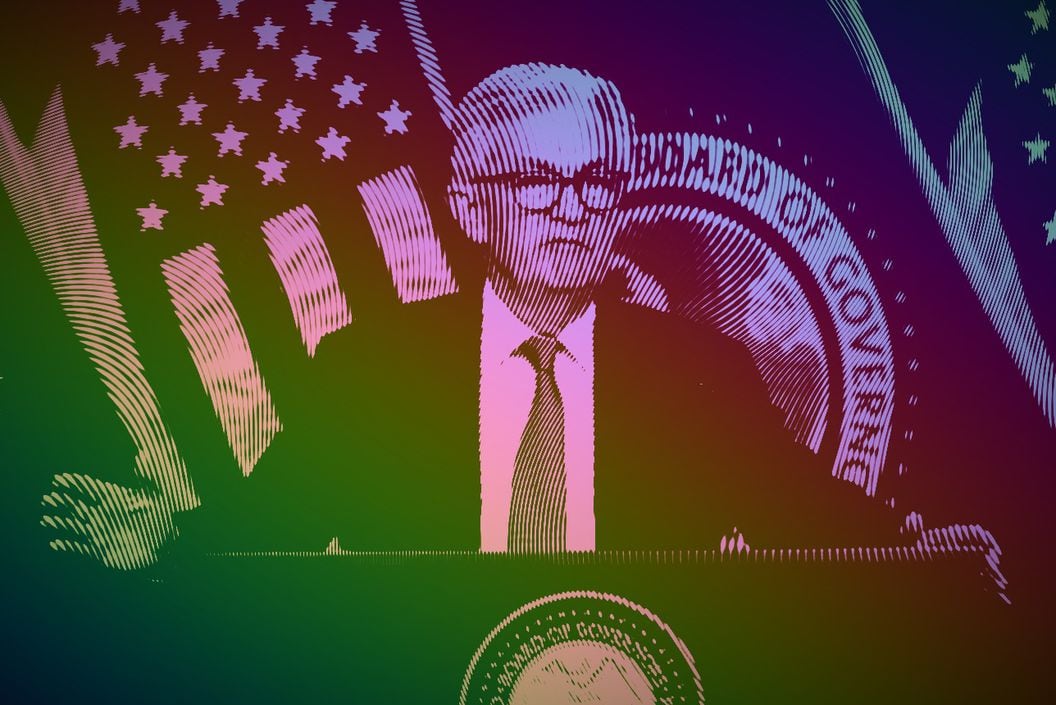
Markets were rocked Friday after the December employment report came in much stronger than expected.
The economy added 256,000 jobs in December, well above the average economist estimate of 155,000. The unemployment rate unexpectedly declined to 4.1% from 4.2% in November.
The Nasdaq 100 immediately dropped by about 1%, while the 10-year US Treasury yield spiked nearly 10 basis points to 4.785%, representing its highest level since October 2023.
The strong payroll report further strengthened the case for no more interest-rate cuts from the Federal Reserve, at least for 2025.
The moves in stocks and bonds are a continuation of what's been seen in recent weeks: Following a period of euphoric optimism, investors have started to anticipate higher inflation stemming from President Donald Trump's proposed trade and fiscal policies. If the upward move in bond yields continues, Americans will feel it in a big way.
The CME FedWatch Tool indicates that markets now expect just one 25-basis point interest rate cut this year, down from expectations late last year of as many as three. The chances that there will be no rate cuts in 2025 more than doubled Friday morning to 28%.
"The probability of them getting off two cuts this year seems to be very, very low at this stage," Roger Ferguson, the former Federal Reserve vice chairman, told CNBC after the jobs report on Friday.
Ferguson called the report "challenging news," as it questions the presumption that inflation would continue to decline, which has been the Fed's top priority over the past two years.
Here's where US indexes stood at 10:15 a.m. on Friday:
Ohsung Kwon, a Bank of America strategist, said in a note earlier this week that a strong December jobs report could dash investors' hopes for interest-rate cuts this year.
"If the labor market were to stabilize quickly, the cutting cycle might already be over," Kwon said in the note. Kwon had expected the December payrolls report to be 175,000.
While the strong jobs report should be viewed as positive for the economy, it's not good news for the stock market as long as interest rates continue to rise.
"With the 10-yr firmly above 4.5%, we believe the market is shifting into a 'good news is bad news' environment again," Kwon wrote.
Jamie Cox, a managing partner at Harris Financial Group, said stock market investors boxed themselves in by expecting so many rate cuts this year from a Fed that reiterated its policy moves would be based on updated economic data.
"Markets are their own worst enemy when it comes to policy moves by the Federal Reserve. Markets tried to front run the Fed on the level of interest rates and are now paying the price," Cox said on Friday.
Here's what else is going on:
In commodities, bonds, and crypto:
Read the original article on Business Insider




